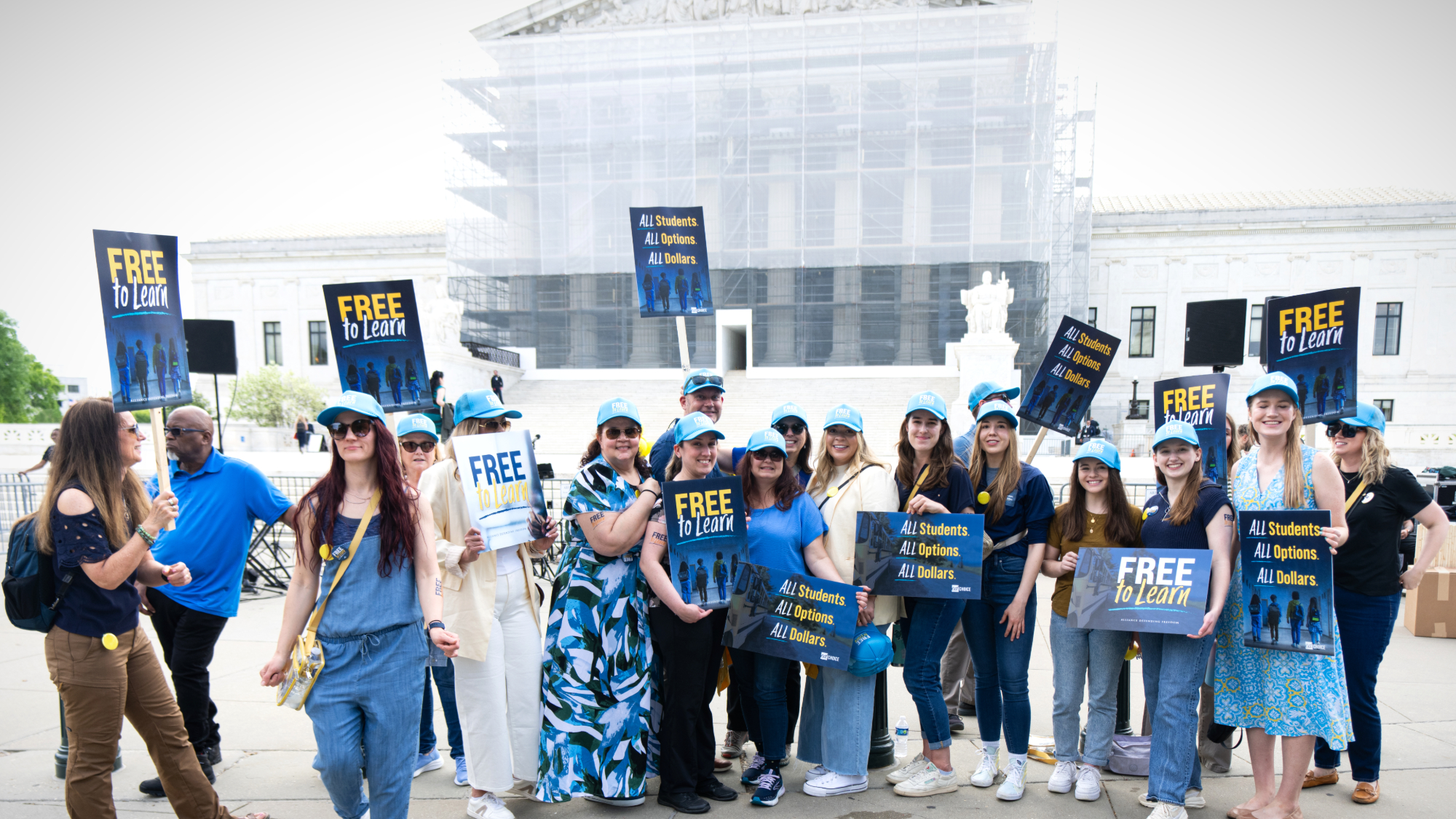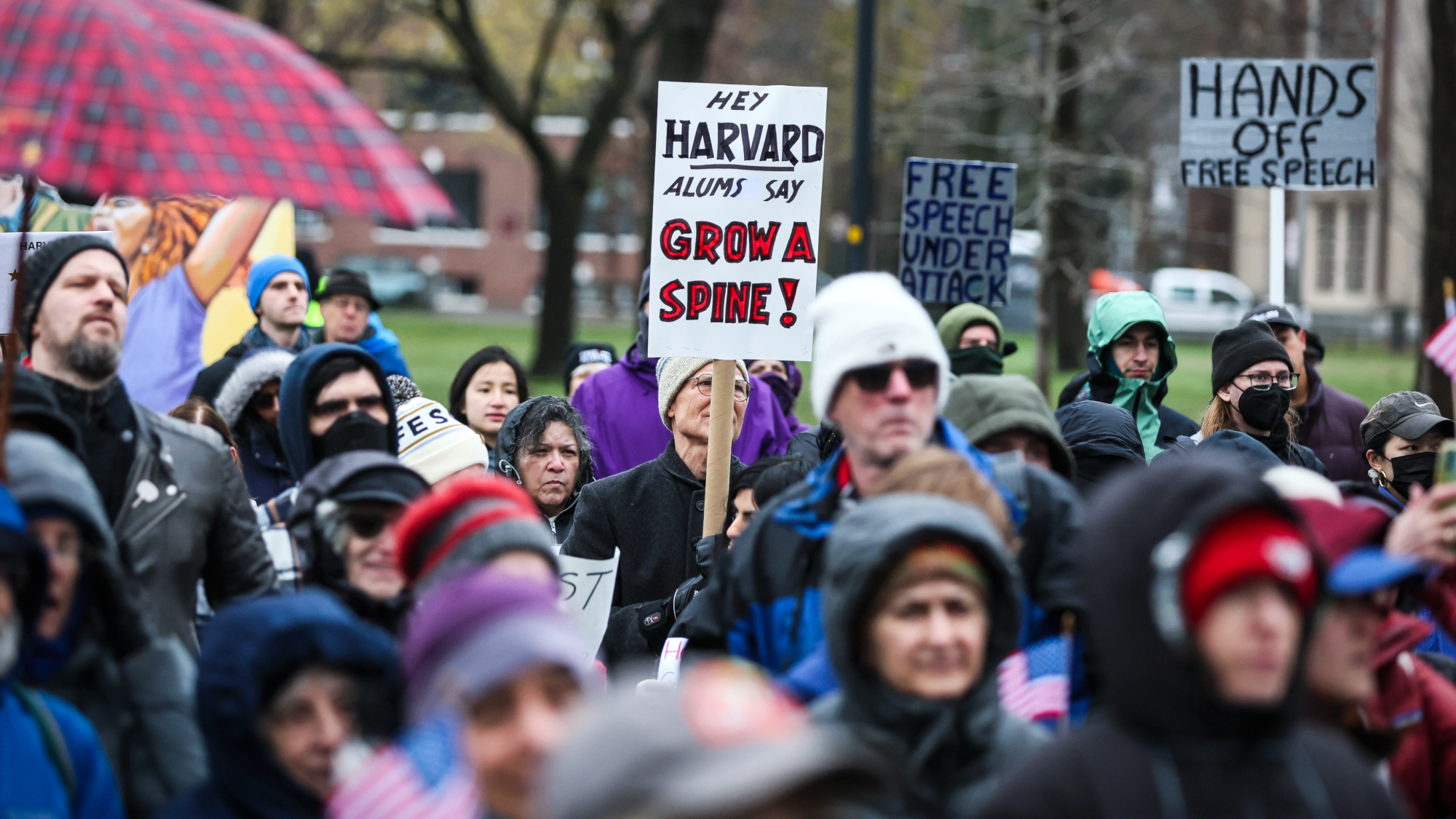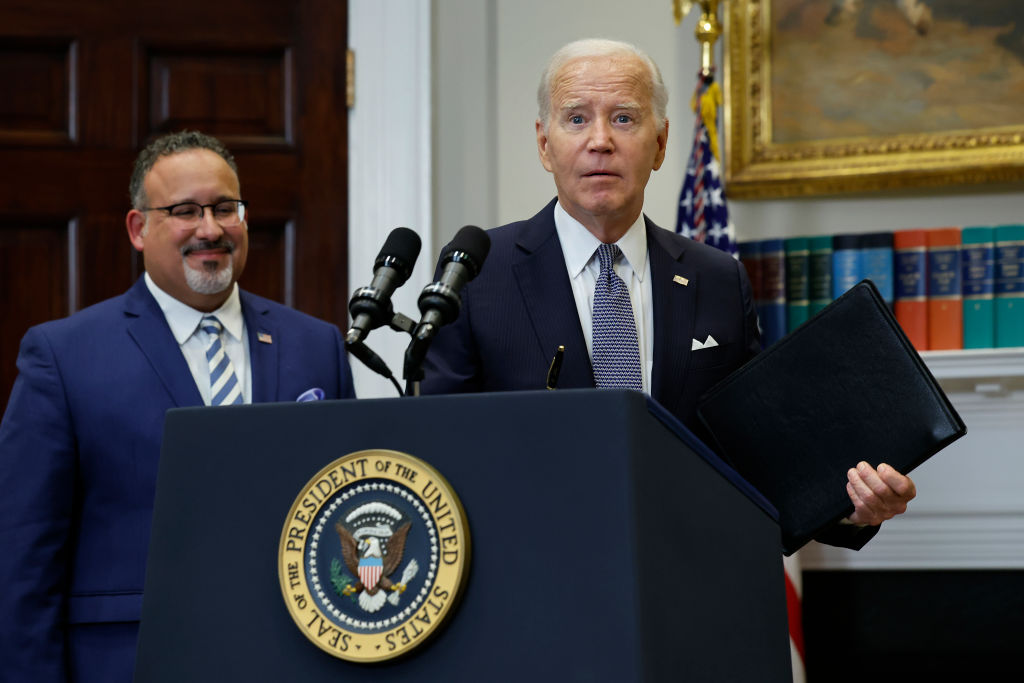New FAFSA system complicates financial aid for low-income students


FAFSA — the Free Application for Federal Student Aid — is the first step in any college student's quest for need-based financial assistance. It serves as an application for tax-subsidized student loans, but most universities also use the FAFSA to determine eligibility for internal need-based scholarships.
While the FAFSA has long been available online, recent changes to the system have complicated the application process, especially for low-income students who may not have reliable internet access at home. Complaints reported by Inside Higher Ed allege that the new process is cumbersome and time-consuming, with problems including:
- The security questions, which can be used instead of email to recover a forgotten password or ID, are unusual (“Type a significant date in your life”) and difficult to correct if typed incorrectly.
- Email confirmations can take up to 24 hours, and in some cases, never appear at all.
- One method for changing a forgotten password requires a 30-minute wait.
- Accounts lock after multiple failed attempts to log in and the help-line wait can be hours. [Inside Higher Ed]
The Department of Education said it has not received any "complaints" about the new FAFSA system, but admitted that the updated site is a chief driver of "inquiries" about difficulties with the application.
The Week
Escape your echo chamber. Get the facts behind the news, plus analysis from multiple perspectives.

Sign up for The Week's Free Newsletters
From our morning news briefing to a weekly Good News Newsletter, get the best of The Week delivered directly to your inbox.
From our morning news briefing to a weekly Good News Newsletter, get the best of The Week delivered directly to your inbox.
A free daily email with the biggest news stories of the day – and the best features from TheWeek.com
Bonnie Kristian was a deputy editor and acting editor-in-chief of TheWeek.com. She is a columnist at Christianity Today and author of Untrustworthy: The Knowledge Crisis Breaking Our Brains, Polluting Our Politics, and Corrupting Christian Community (forthcoming 2022) and A Flexible Faith: Rethinking What It Means to Follow Jesus Today (2018). Her writing has also appeared at Time Magazine, CNN, USA Today, Newsweek, the Los Angeles Times, and The American Conservative, among other outlets.
-
 The Week Unwrapped: Why is China clearing out its generals?
The Week Unwrapped: Why is China clearing out its generals?Podcast Plus, can the Conservatives win back the centre? And what’s gone wrong with Britain’s hearing aids?
-
 The week’s best photos
The week’s best photosIn Pictures A Viking festival, an inky fingerprint, and more
-
 6 homes with incredible balconies
6 homes with incredible balconiesFeature Featuring a graceful terrace above the trees in Utah and a posh wraparound in New York City
-
 Penn wipes trans swimmer records in deal with Trump
Penn wipes trans swimmer records in deal with Trumpspeed read The University of Pennsylvania will bar transgender students from its women's sports teams and retroactively strip a trans female swimmer of her titles
-
 Supreme Court may bless church-run charter schools
Supreme Court may bless church-run charter schoolsSpeed Read The case is 'one of the biggest on church and state in a generation'
-
 Harvard sues Trump over frozen grant money
Harvard sues Trump over frozen grant moneySpeed Read The Trump administration withheld $2.2 billion in federal grants and contracts after Harvard rejected its demands
-
 Harvard loses $2.3B after rejecting Trump demands
Harvard loses $2.3B after rejecting Trump demandsspeed read The university denied the Trump administration's request for oversight and internal policy changes
-
 USC under fire for canceling valedictorian speech
USC under fire for canceling valedictorian speechSpeed Read Citing safety concerns, the university canceled a pro-Palestinian student's speech
-
 Florida teachers can 'say gay' under settlement
Florida teachers can 'say gay' under settlementspeed read The state reached a settlement with challengers of the 2022 "Don't Say Gay" education law
-
 Biden administration to forgive $39B in student loan debt for 800K borrowers
Biden administration to forgive $39B in student loan debt for 800K borrowersSpeed Read
-
 Advocacy groups challenge Harvard's legacy admissions policy
Advocacy groups challenge Harvard's legacy admissions policySpeed Read
